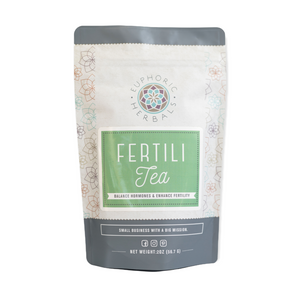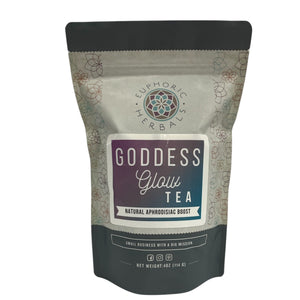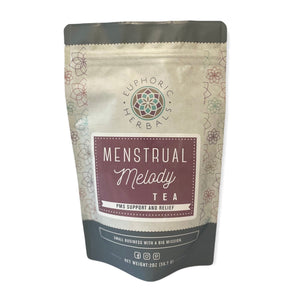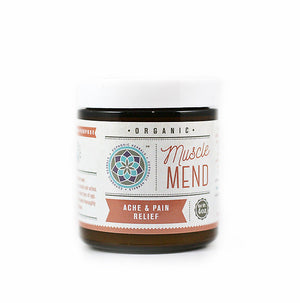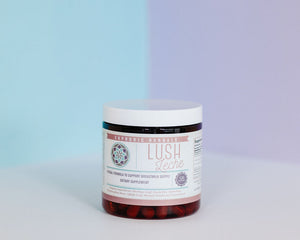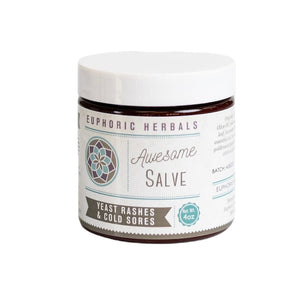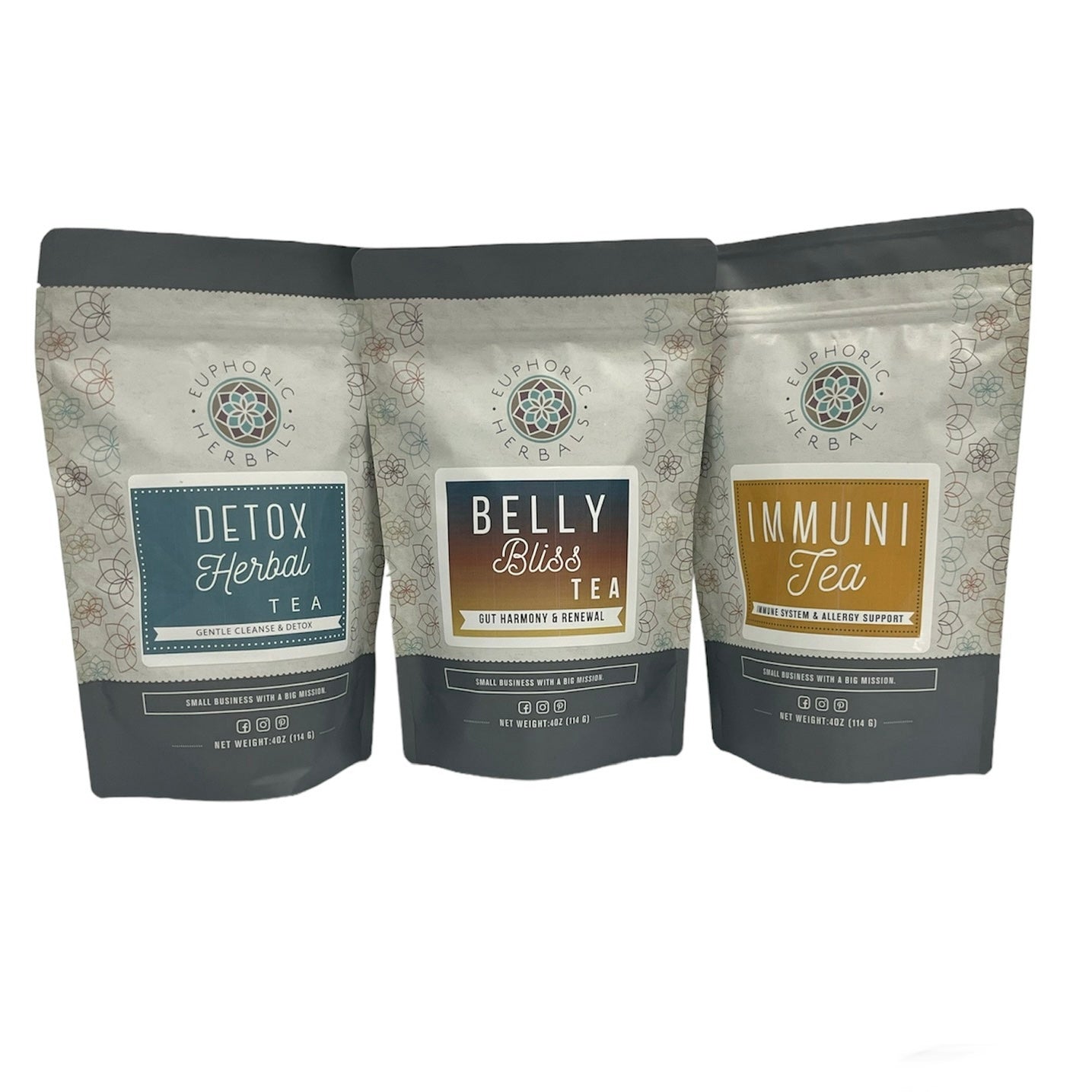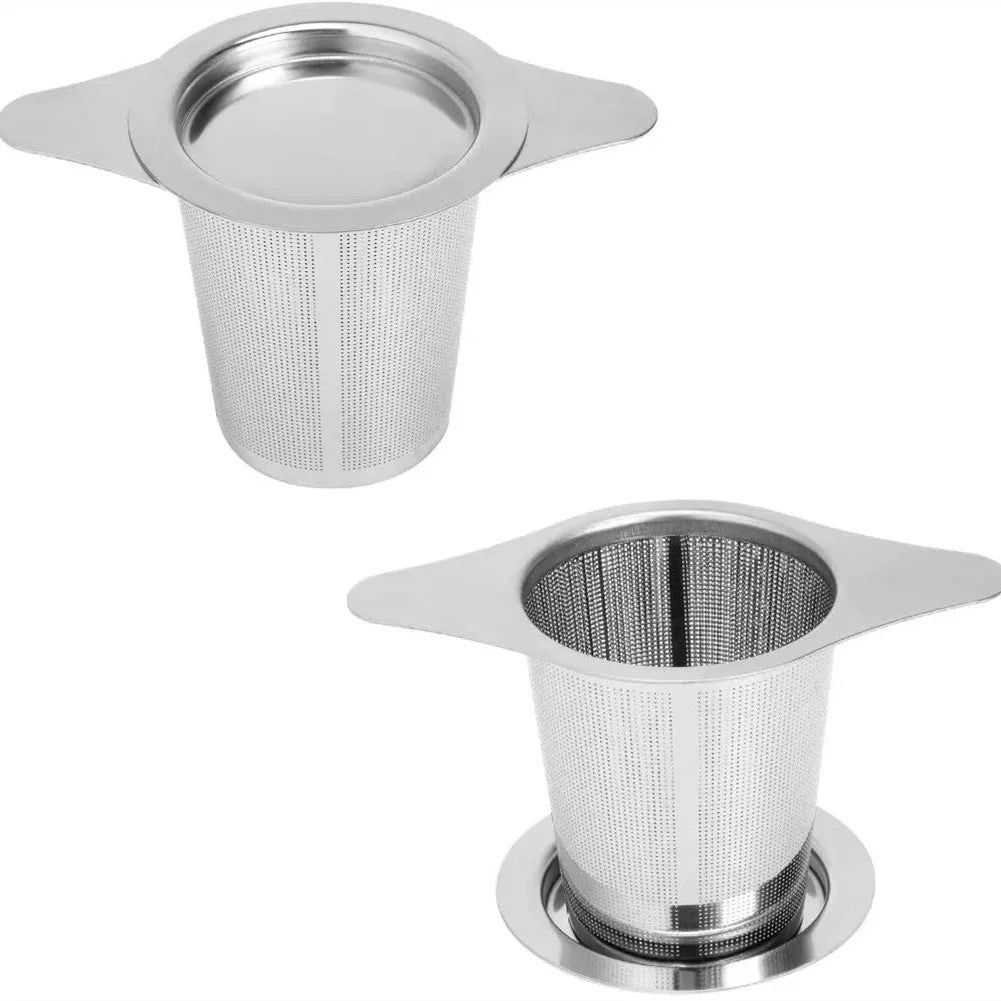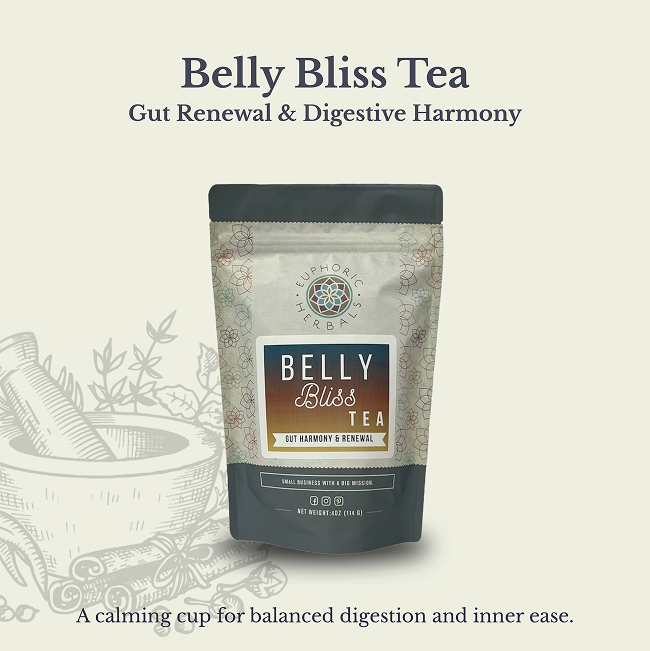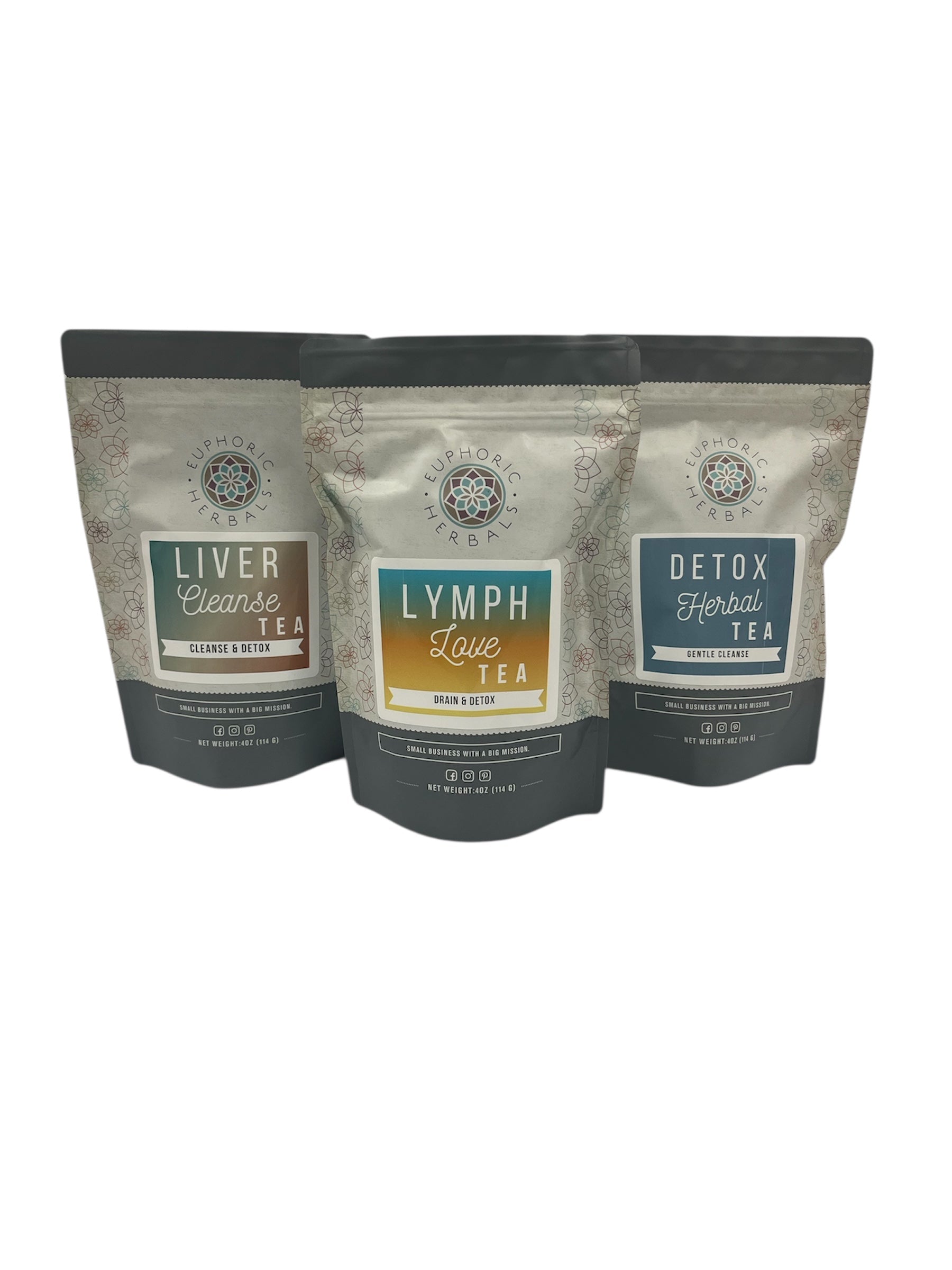Asthma is a respiratory condition that affects a good number of people. Symptoms include wheezing, tightness in the chest, coughing, and difficulty breathing and range from mild to severe and even life-threatening.
For some, asthma is constantly in the background. For others, attacks may be triggered by exercise, illness, exposure to allergens, cold air, or emotional stress.
If you deal with asthma, it's always important to have a treatment plan in place and a rescue medication (like an inhaler) on hand.
However, there are specific herbs you can turn to for support in the long run, ones that help to strengthen your lungs and calm irritation.
Using Herbs for Asthma
Asthma is thought to be a "misfiring" of the immune system, somewhat comparable to allergies. An immune reaction is set off by a trigger that induces inflammation and irritation in the respiratory tract, which go on to cause the other familiar symptoms of an asthma attack.
Because asthma has many different factors that contribute to the condition and because everyone suffers from it in a slightly different way, there's no single herb that can address it in every case.
Some of the most helpful herbs are those that calm inflammation, specifically inflamed tissues in the respiratory tract, those that generally support lung health, and those that soothe acute irritation.
As you explore these herbs, you may end up finding them most useful when used in a formula, but it's not a bad idea to start with one herb at a time so that you can see how your body reacts.
Also, keep in mind that herbs are not a replacement for medication, particularly not when you are having an acute asthma attack.
Best Herbs for Asthma Support
Lobelia

Lobelia (Lobelia inflata) has been used for asthma and other respiratory conditions for a long time because it helps to relax the airways and has antispasmodic properties. Interestingly, it has also been used as an herb to quit smoking and to help the lungs recover afterwards.
Lobelia can be highly effective for both immediate and long-term support, but it does have significant side effects (vomiting, for example) if you use too much of it. The best way to approach this herb is to work with a qualified herbalist or use a ready-made tincture that lists the proper dosage amount.
Butterbur
Butterbur (Petasites hybridus) is a shrub that grows in areas of Europe, Asia, and North America. It has been used for at least a few centuries to relieve coughs, asthma, migraines, and hay fever.
One small study found that taking an extract of butterbur root for two months decreased the frequency and severity of asthma attacks and improved respiratory symptoms. About 40% of participants were even able to decrease their asthma medication. (1)
Note: Certain compounds in the root are linked to liver damage if taken in large amounts. However, you can buy a purified version of the extract that doesn't contain these compounds. Look for a label that confirms the butterbur is free of pyrrolizidine alkaloids (PA).
Mullein
Mullein (Verbascum thapsus) is one of the best overall herbs for respiratory support. It offers relief in acute situations, like coughs and congestion, and can also be taken as a tonic to support your lungs long-term.
When it comes to asthma, mullein contains mucilage that helps to soothe inflammation and irritation. It also helps to ease spasms and relax muscles in the respiratory system. (2)
Mullein is often taken in tea form, but you'll want to strain it carefully to get out the little hairs that may tickle your throat.
Plantain

Plantain leaf (Plantago spp.) is full of compounds and mucilage that is soothing for tissues in your respiratory tract and helps to nourish and strengthen the lungs. It has also shown anti-inflammatory properties that help to open your airways. (3)
Many herbalists recommend using fresh plantain, and it's easy to find in most backyards. When it isn't available fresh, you can use dried plantain leaves to make a soothing tea.
Catnip
Catnip (Nepeta cataria) is an aromatic herb that belongs to the mint family. It has antispasmodic and anti-inflammatory properties, helping to relax the muscles in your airways. It also has a bronchodilatory effect that helps to open the airways and improve breathing. (4)
Catnip can be used on its own, usually as a tea, but it also works well with other herbs for asthma like mullein and licorice root.
Elecampane
Elecampane (Inula helenium) is a bitter herb that hails from the daisy family. It is a powerful lung supporter and helps to expel mucus and clear congestion associated with colds and other respiratory infections.
Though used most often for acute cough support, elecampane can be taken consistently in small amounts to strengthen the lungs over time. Energetically, the root is warming and drying, so it may not be the best choice if your lungs tend to feel dry to begin with.
Elecampane can be used as a tea, syrup, or tincture. It can also be combined with herbs like plantain, licorice root, or mullein to make it less drying.
Licorice Root
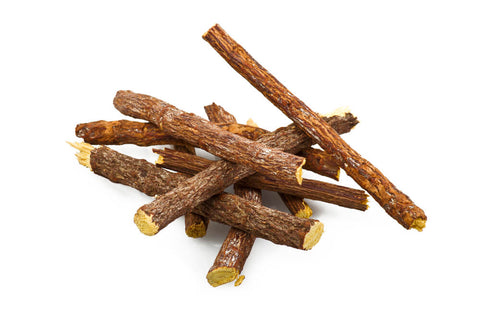
Licorice root (Glycyrrhiza glabra) is another herb for asthma that has been used frequently for respiratory support throughout the years. It's a staple in traditional Chinese medicine and has demulcent properties that soothe irritation and inflammation in the respiratory tract.
In addition to its own benefits, licorice root is also considered a "guide" in Chinese medicine. This means it helps to enhance the effects of other herbs, which is why you'll often see it included in respiratory blends, like this Respiratory Relief tea.
Garlic
Garlic (Allium sativum) is a very familiar pungent vegetable that also doubles as an herb. It can be helpful for asthma support because plant compounds, vitamins, and minerals found in the bulb promote general respiratory health.
Some research even shows that allicin, one of the main compounds in garlic, kills certain bacteria that can cause lung infections, which could make it helpful for illness-induced asthma. (5)
Garlic is most potent when eaten raw. Embrace the "garlic breath" that comes with it as evidence that this powerful herb is working in your lungs!
Turmeric
Turmeric (Curcuma longa) or a curcumin supplement may help with asthma when taken long-term. This is mainly because turmeric helps to decrease inflammation that contributes to asthma symptoms.
A small study did find that curcumin capsules were beneficial for patients with mild to moderate asthma. (6)
Because turmeric is mainly aimed at lowering inflammation, you should probably try it alongside other herbs that are specifically lung-supportive to get the greatest effect.
ASHMI

ASHMI is an abbreviation that stands for anti-asthma herbal medicine intervention. It's a blend of three herbs that are commonly used in traditional Chinese medicine: reishi (Ganoderma lucidum), Chinese licorice (Glycyrrhiza uralensis), and ku shen (Sophora flavescens).
Research into this specific formula has so far shown a lot of potential for asthma relief. Some clinical trials even found that ASHMI was comparable in effectiveness to certain steroids used to help moderate or severe asthma. (7)
Precautions
As you explore the best herbs for asthma support, be aware that some (like lobelia or licorice root) can have unwanted effects if used in large amounts or for a long period of time. If possible, work with a qualified herbalist who can help you choose the herbs that will benefit you the most.
Herbs should not be used as a replacement for asthma medication and some may have the potential to interact with certain medications or may be contraindicated during pregnancy and/or breastfeeding.
Always pay attention to how your body responds to each specific herb, and discontinue use if you have an adverse reaction.
Breathe More Easily
There are many herbs that offer support to your lungs and can help with asthma relief. Some do their best work over time, so be sure to take them consistently to give them a chance to have their full effect.
If you are looking for a combination of herbs to support respiratory function, try something like this Respiratory Relief tea or this Herbal Respiratory Relief extract.
Disclaimer: This post is for informational purposes only. It does not constitute medical advice and should not be substituted for medical advice. Please consult your health care provider, herbalist, midwife, or naturopathic physician before taking herbs, supplements, etc. Here's the link to our full disclaimer.






















































